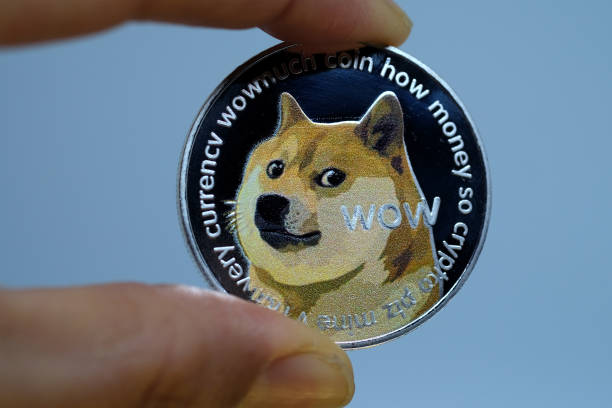Web3 game development company QORPO says there are significant shortcomings in the play-to-earn space — and a drastically different approach is needed to create games that retain users and achieve sustainable tokenomics.
Ever since the heady days of 2021 — when play-to-earn games reached their peak — Web3 has been in a period of reckoning. At its height, Axie Infinity was helping players in emerging economies like Ghana and the Philippines earn substantially more than the minimum wage. A crushing token bridge hack and a cooling market later led to rewards being cut considerably.
When you zoom out, only a small handful of projects have achieved sustainable growth — and this relates to inherent flaws in the concept of play-to-earn. Entry costs can be high, with players sometimes having to splash out hundreds of dollars to acquire the NFTs required to get involved. And even users willing to make that upfront investment may be disappointed by the quality of the gameplay –– with clunky graphics and a non-existent narrative.
Problems with this model don’t end here. Games with revenues that are driven by NFT sales are often at an early stage of their development — and unless sufficient traction is made with rolling out new features, users can end up exasperated. There can also be pressure to release new collectibles constantly so there’s a continuous flow of income.
And as users saw with Axie Infinity, the biggest issue surrounds rewards. While doling out generous amounts of tokens to players might entice new players, it’s an approach that can be hugely detrimental to that cryptocurrency’s value. Digital assets are volatile, with supply and demand playing a huge role in pricing. By dramatically inflating the total circulation, this waters down the value of what’s already in existence.
All of this has rather unpleasant side effects. Gamers awarded with tokens are unlikely to hold them unless there is a compelling incentive — adding to sell-side pressure that erodes prices even further. A vicious cycle soon follows. Double-digit falls in a digital asset’s value can prompt daily players to take a step back — and as the community dwindles, projects die.

What’s the answer?
The first step to resolving the issue is acknowledging today’s main risks in the Web3 space. Play-to-earn projects –– currently –– live and die based on whether they have an influx of new users or the means to continue rewarding existing ones. All of this lacks sustainability in the long run.
There’s a lot of short-term hype and a lack of compelling storylines and immersive gameplay to keep gamers hooked. A high-quality experience could prompt players to overlook a lack of earnings and focus on play instead — but the non-existence of both typically sees bored users head for the door. Projects also continuously struggle between enticing new players while keeping existing ones happy.
Finding the solution
Despite the substantial hurdles facing this still-nascent sector, Web3 gaming has the potential to be more than unsustainable speculation. QORPO Game Studio is one of the companies shaking up tokenomics through multiple revenue streams, a plethora of top-tier games and an emphasis on quality over income.
Executives say their approach goes beyond tokens — and also incorporates NFT sales and advertising opportunities for partners — harnessing social media, PR, influencers and even branded product placement. The ultimate goal is to ensure one pillar of income supports the other rather than putting all eggs in one basket.

Source: QORPO
Diversification also extends to the games within the QORPO stable. Citizen Conflict, its flagship hero shooter, is catered specifically for e-sports. Meanwhile, AneeMate is an action-adventure title that's not dissimilar to Pokemon, where gamers are on a quest to collect NFTs. And with mobile gaming continuing to surge in popularity, a high-intensity action game called EGGos is designed to pique the interest of players who are continuously on the move.
QORPO says close attention to gameplay dynamics and design is achieved thanks to how its titles are built using Unreal Engine 5, with its flagship game boasting unique characters and a continuously evolving storyline. An intuitive user interface also means no Web3 knowledge is needed, and gamers can use their Web2 logins if they wish — connecting their Google, Facebook, X (formerly known as Twitter) or email accounts.
While play-and-earn has suffered peaks and troughs in its short lifespan so far, QORPO believes the best is yet to come — and greater levels of adoption lie ahead.
Disclaimer. Cointelegraph does not endorse any content or product on this page. While we aim at providing you with all important information that we could obtain in this sponsored article, readers should do their own research before taking any actions related to the company and carry full responsibility for their decisions, nor can this article be considered as investment advice.











